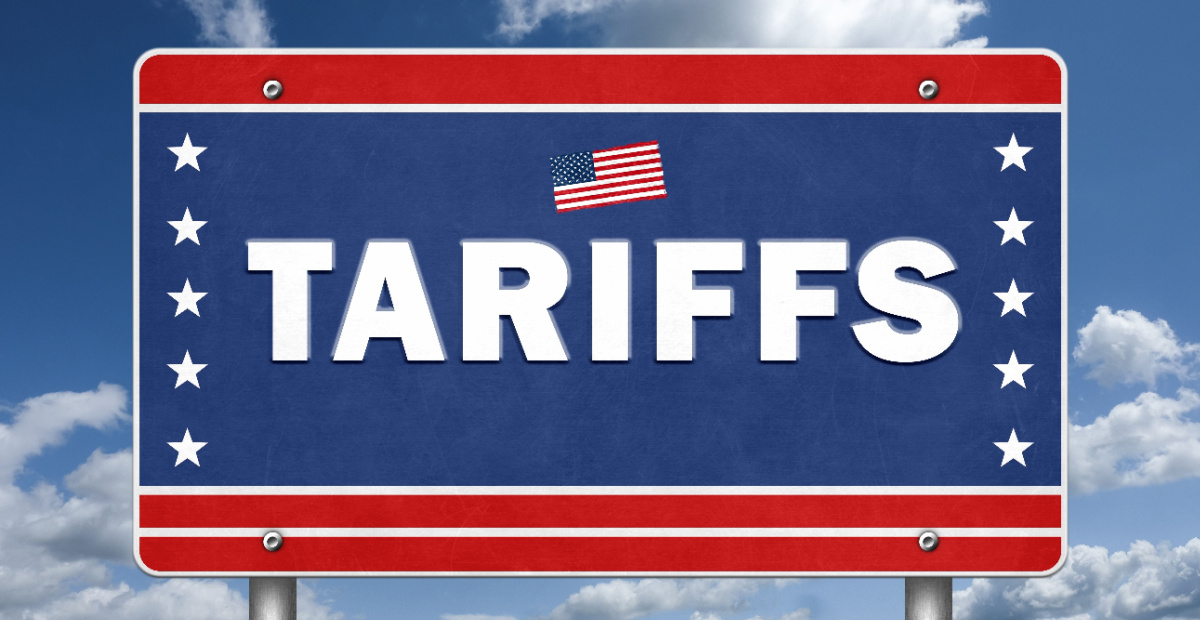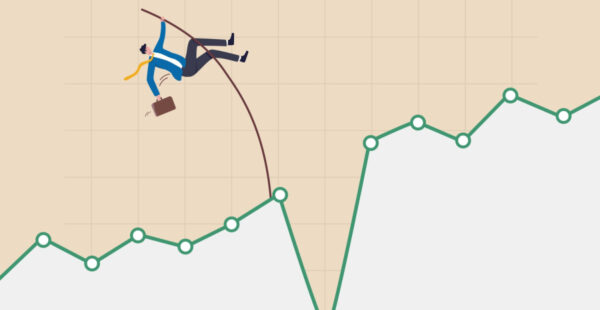Tariffs uncertainty impacts 2025 rates cut outlook

ANALYSIS
It would have been remarkable if the Reserve Bank board had done anything but leave interest rates on hold yesterday but some market economists are predicting it may take longer than expected before rates are cut again.
Given that the Federal Election is fully underway, few observers believed the RBA would move on rates because of inevitable perceptions, but State Street Global Advisers APAC economist, Krishna Bhimavarapu has questioned the timing of more rate cuts in 2025.
“No surprise today from the RBA but the oncoming US tariff hikes may have lifted the market’s rate cut expectations. Although a slowdown in global growth is plausible, Australia’s accelerating recovery is a barrier for more rate cuts this year,” he said.
Bhimavarapu then pointed to events in the US and the likely impact of tariffs.
“The United States Trade Representative’s Trade Estimate report released overnight mentioned ‘Australia’ 46 times and ‘China’ a whopping 867 times, indicating that the impact of US tariffs on Australia may be more indirect,” he said.
“We expect GDP growth and inflation to average 2.2% and 2.4% respectively this year, which should bring about two more cuts by the RBA.”
Bhimavarapu’s analysis is consistent with panel of economists put together by Finder.com which said Trump’s tariffs might reduce the number of cuts to the cash rate which will occur this year.
The RBA board’s statement attaching to yesterday’s rate decision pointed to a continuing uncertain outlook.
“There are notable uncertainties about the outlook for domestic economic activity and inflation. The central projection is for growth in household consumption to continue to increase as income growth rises. But there is a risk that any pick-up in consumption is slower than expected, resulting in continued subdued output growth and a sharper deterioration in the labour market than currently expected. Alternatively, labour market outcomes may prove stronger than expected, given the signal from a range of leading indicators,” it said.
“More broadly, there are uncertainties regarding the lags in the effect of monetary policy and how firms’ pricing decisions and wages will respond to the demand environment and weak productivity outcomes while conditions in the labour market remain tight.”
“Uncertainty about the outlook abroad also remains significant. On the macroeconomic policy front, recent announcements from the United States on tariffs are having an impact on confidence globally and this would likely be amplified if the scope of tariffs widens, or other countries take retaliatory measures. Geopolitical uncertainties are also pronounced.
“These developments are expected to have an adverse effect on global activity, particularly if households and firms delay expenditures pending greater clarity on the outlook. Inflation, however, could move in either direction. Many central banks have eased monetary policy since the start of the year, but they have become increasingly attentive to the evolving risks from recent global policy developments.”











The PHD in economics is the scariest. How many academics actually understand the real world
Money is leaving at a slower rate with this being considered by AMP management as a positive. Australia's Money Pit…
"Our recently launched digital advice solution for AMP Super members is providing simple, intuitive retirement advice at no extra cost.”…
Assistant to Bill Shorten...FoFA, A time when dozens of submissions were made, 90 odd submissions ranging from clients be sent…
Only way to get that 1.25 times back will be to move clients from Brighter Super into their SMA on…